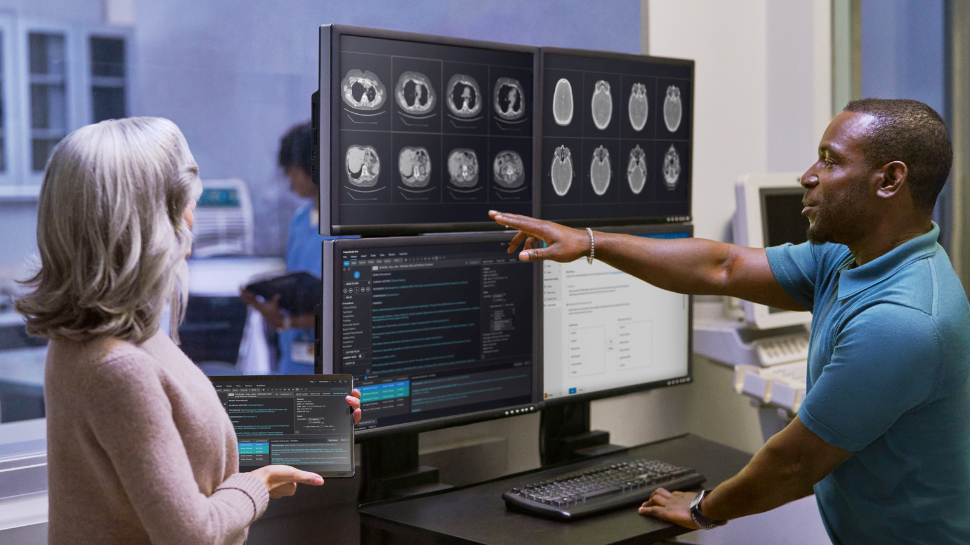Artificial intelligence (AI) has emerged as a potential solution to the mounting challenges faced by healthcare systems worldwide, particularly in the wake of the COVID-19 pandemic. Microsoft has conducted a study involving 13,500 patients across 11 countries, shedding light on the willingness of patients to embrace AI technologies in healthcare settings. According to the research, patients are open to AI interventions that can help streamline administrative tasks and enhance the clinician-patient interaction, freeing up more time for personalized care.
The study revealed that a significant number of patients, including 39% of UK respondents, express concerns about doctors not being able to provide their complete attention during consultations due to the heavy workload of administrative tasks. In this context, integrating AI into healthcare practices can potentially alleviate the burden on healthcare professionals, enabling them to focus more on patient care rather than on time-consuming paperwork.
AI is a gamechanger for healthcare
From the perspective of patients, AI is seen as a natural extension of existing digital systems in healthcare. Many participants in the study already have access to online platforms provided by private or health insurance companies for sharing documents and prescriptions. For clinicians, AI can lead to significant time savings, reducing job dissatisfaction and burnout caused by excessive administrative work. Dr. Simon Wallace, Chief Clinical Information Officer at Microsoft Health and Life Sciences UK, emphasized the positive impact that AI can have on patient care by enabling clinicians to focus more on the art of practicing medicine.
Mr. Markus Vogel, Chief Medical Information Officer for Microsoft, highlighted the role of AI in personalizing healthcare services for individual patients through automated processes and patient-driven chatbots. Responsible AI deployment is crucial, and Microsoft stresses the importance of education, training, and communication regarding the benefits and potential risks of AI in healthcare. International collaboration and cross-sector partnerships are also vital in ensuring that AI technologies serve communities effectively.
Despite the optimism surrounding AI in healthcare, there are concerns about the readiness of healthcare professionals to embrace new technologies. However, National Digital Primary Care Nurse Lead Helen Crowther expressed willingness among practitioners to adapt to transformative technologies that enhance patient care. Crowther emphasized the importance of involving nurses in all levels of digital transformation to maintain a clinically focused approach and ensure successful integration of AI technologies in healthcare practices.
As technology continues to shape the future of healthcare, collaboration across various sectors is essential for driving innovation and improving customer experiences. Microsoft’s research underscores the positive outlook for AI in healthcare and emphasizes the need for a balanced approach that prioritizes patient well-being, clinician satisfaction, and effective healthcare delivery.











